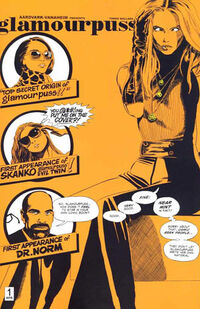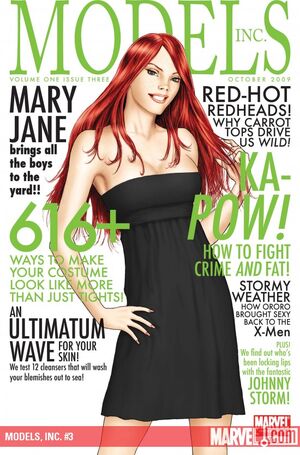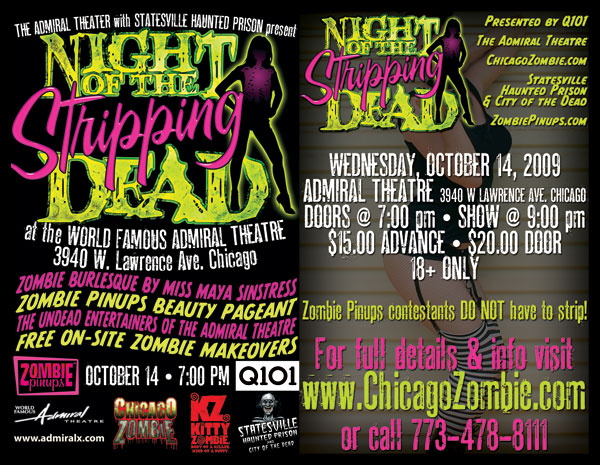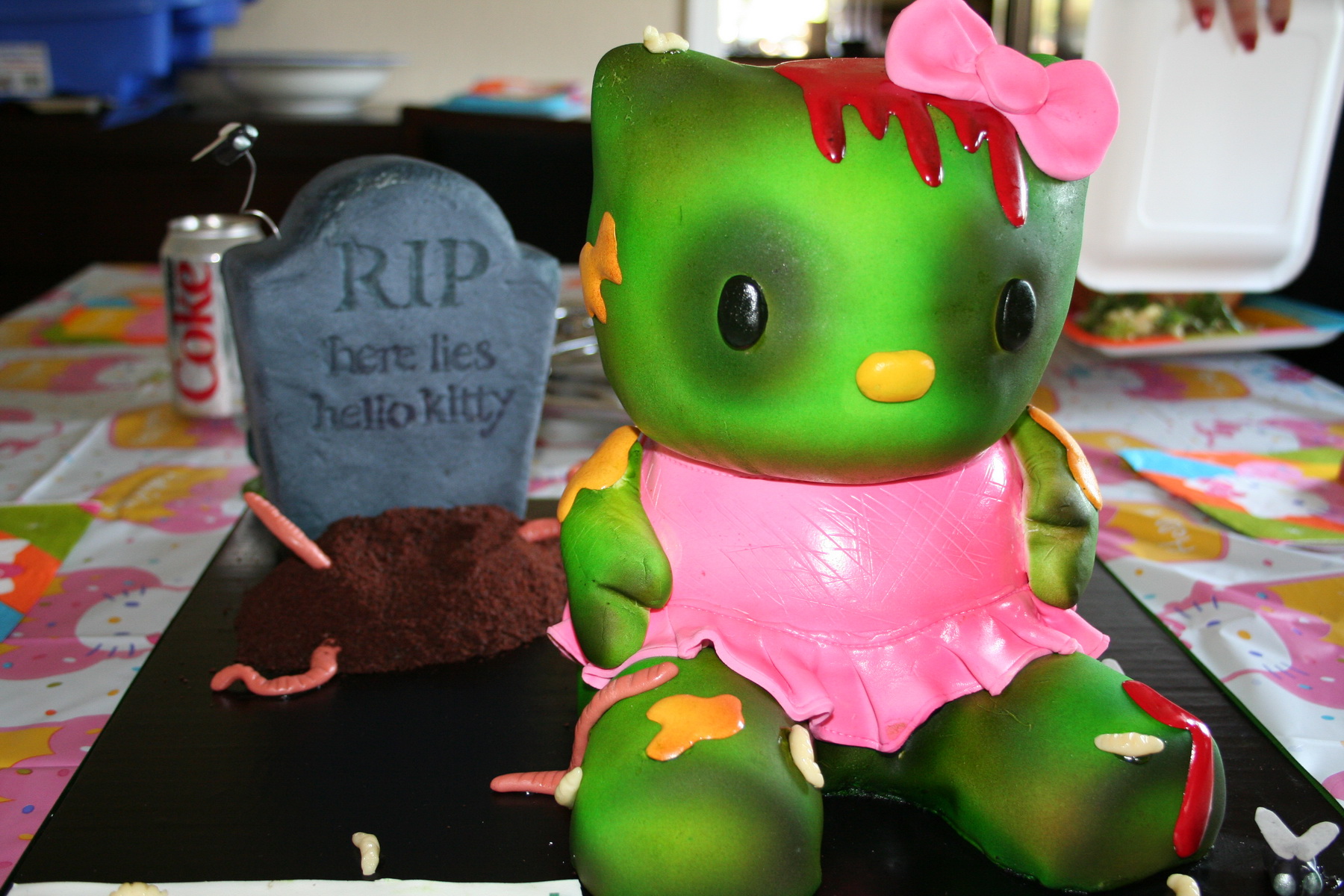
The
Occasional Superheroine recently mentioned
this commentary about why
Superman Returns failed to score big at the box office.
"Audiences no longer crave truth, justice and the American way. They want an icy-cold, psychologically jacked hero that shoots heroin in the women's restroom after ripping out the spine of a baddie while bemoaning Corporate America. Superman, the embodiment of all that is good and right, is now merely looked upon with nostalgia -- not as a viable Hollywood product."

Reading the commentary, I couldn’t help but be reminded of the film exec who claimed that “movies starring women don’t sell,” citing the 2004 Halle Berry vehicle
Catwoman as an example. Now, I’ve never actually seen the film, or any trailers that I can recall, but just from the poster I could tell you that’s a crap movie.

But with
Superman Returns, the writer poses the idea that the movie failed because Superman was too pure, and supports the theory that the world wants a darker Superman. But the whole “Dark Superman” premise is exactly why
Returns failed. Or rather, it’s that the film wanted it both ways.
Director Brian Singer made his name with his 1995 film
The Usual Suspects, a very dark and cerebral crime drama. Geeks celebrate him for the first two
X-Men movies, which managed to be good movies which also captured the spirit of the comic quite well. But with
Superman Returns, Singer tried to merge his talents for dark melodrama and flawed characters with the cartoony iconography of Richard Donner’s
Superman movies. There were numerous nods to those films – most obvious being Brandon Routh’s dead-on impersonation of Christopher Reeve – but mixed with those was a hard edge that didn’t fit the character.


You want dark? There’s the scene where Lex Luthor stabs Superman with the kryptonite shard and breaks it off inside of him, prison shank-style, then has his thugs mercilessly beat the hell out of our hero. When Superman is lifting up the giant kryptonite island, and one of Lex’s minions is crushed by a falling rock – something which Superman is either unaware of or just doesn’t care about. Oh, and the part where Superman’s illegitimate son kills a bad guy with a piano.
What caused Superman to fail wasn’t its lack of darkness, but that it tried to marry this darkness with the naiveté of the original movies. Having a hammy Perry White chew on his cigar while “gee whiz” Jimmy Olsen runs around trying to get that perfect shot of Superman doesn’t gel with a world of petty criminal kicking a man in the rubs while he dies of radiation poisoning. And that doesn’t even begin to cover the issue of Superman’s son which, let’s face it, was a bad idea from the beginning.

What’s most disheartening is that the Superman movie is simply following the standard of the comics. In the last few years, DC has taken an unfortunate turn in its overall tone. The company has been heavily resurrecting characters from the Silver Age, bringing back Hal Jordan as Green Lantern and most recently (and notably) Barry Allen as the Flash, as well as some of the more gimmicky elements, such as Krypto the Super-Dog or having the Justice League reside in the Hall of Justice from the
Super Friends cartoon. This in itself isn’t necessarily bad, but along with these reminders of more “innocent” comics (hero fights villain, wins, no one gets hurt and everything’s fine, the end) comes a more “gritty” vision, perhaps best exemplified by the sequence in
Infinite Crisis #1, where villain Deathstroke impales super heroine Phantom Lady with his sword, explaining to her that it’s “just business” as she dies; meanwhile, the once-goofy Superman villain Bizarro punches another hero to death, boasting gleefully the whole time.

This disconnect is jarring, and ultimately gets tedious. This happened before with comics in the late ‘80s and ‘90s, in the wake of
The Watchmen and
Dark Knight Returns. So it’s a bit ironic that, in the wake of the
Dark Knight film, we see yet another push toward “gritty” and “realistic” superheroes.

Or perhaps not. While the commentator clearly thinks American audiences don’t want to see noble, righteous people doing good things, we have the success of
Star Trek to perhaps indicate otherwise. While the heroes in
Trek definitely have their inner dramas – Kirk’s hot-headedness versus innate leadership ability, Spock’s human/Vulcan conflict – ultimately, their goal is the same – defeat the enemy, save the Earth, and live to see the next adventure. Yes, there are casualties in the movie – a whole planet is destroyed – but it’s in that larger-than-life manner that works in Big Adventure movies. What really sells
Trek is the crew’s nobility, determination, and camaraderie, without which they could never have been successful.

He’s correct:
Superman Returns “failed” because it wasn’t what audiences wanted. But it’s not that they want a dark, flawed hero a la Christopher Nolan’s Batman, it’s because they want a well-made movie that doesn’t deviate so wildly in tone (although the success of
X-Men Origins: Wolverine might dispute that). If
Smallville has lasted as long as it has, obviously there is an audience. But to write off a character based on one poorly executed and therefore poorly received movie is not only drawing the wrong conclusion, but guarantees more poorly made movies to follow. And the world already has too many of those.

























